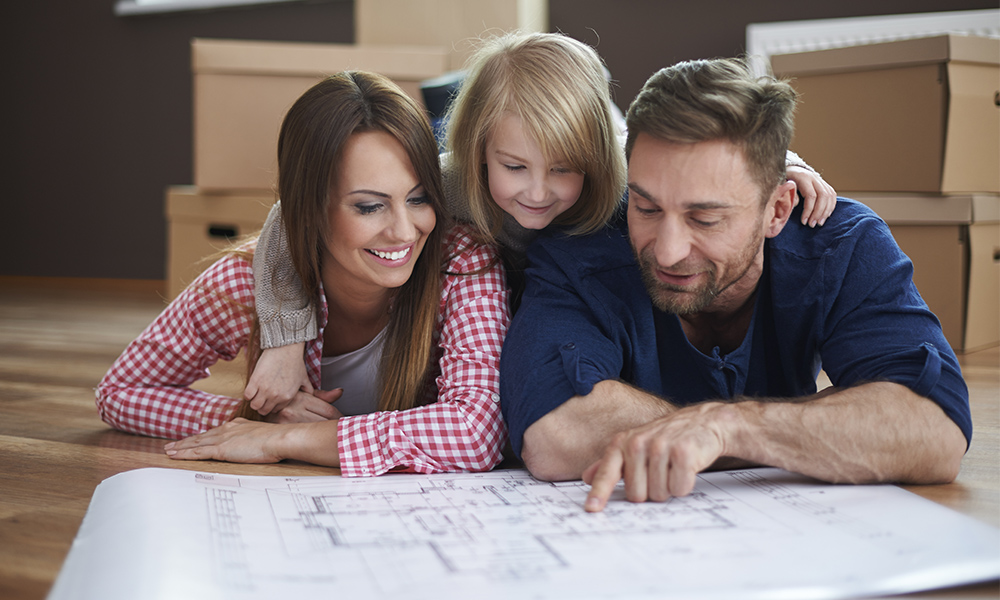PROTECTING YOUR FAMILY WITH A PLAN
Each September, National Emergency Preparedness Month encourages and reminds Canadians to be prepared for disasters or emergencies in their homes, businesses, or communities. Do you know what to do?
Emergencies and disasters can happen at any time and with little warning. Knowing what risks exist in Calgary will empower you to take action to protect yourself and your family. Possible emergencies could include:
• Serve weather: blizzards, tornadoes, wildfires, heavy winds or rain and winter storms
• Industrial accidents: chemical spills, gas outages or leaks
• Technological events: power outages
• Biological events: influenza outbreak
• Intentional acts
Luckily, there are a number of things you can do to prepare ahead of time to ensure your resilience. Here are some tips to put you and your family one step ahead of disaster.
STAY UPDATED
Prepare yourself by staying in the know. Download the Alberta Emergency Alert app, an emergency message system direct from government officials to alert authorities and the public. Messages will be sent to your mobile device when you may be in harm’s way. Although these messages are broadcast on radio, television and social media also, getting it straight to your mobile device at the right time may save precious minutes if you are in the emergency zone.
PREPARE
During a time of need, your family’s safety is the top priority. Ensure you have ample supplies and a plan in place that the entire household understands to help keep you safe.
• Prepare medical supplies including prescriptions, doctor and allergy information and any specific dietary needs (insulin etc.).
• Your family may not be together when an emergency occurs. Plan how to meet or how to contact one another and discuss what you would do in different scenarios.
• Ensure your children are familiar with their school’s emergency preparedness plans.
• Build a disaster supply kit that includes canned foods, water, cell phone chargers, a first aid kit and some cash. Make sure to include supplies for your pets too!
• Develop an escape plan to get out of your home safely and quickly. Draw up a floor plan of your house that shows all possible exits from each room. Plan a main exit route and an alternate exit route from each room. If you live in an apartment condo, plan to use the stairs instead of the elevators. Establish a muster point so you can ensure all household members including pets have successfully evacuated the building.
• Identify an evacuation route from your neighbourhood in case you need to leave in a hurry (and think of more than one option).
• Make sure your car has at least half a tank in it at all times. If you need to leave town in a hurry, you won’t want to be riding fumes on the way out.
• Keep a small readiness kit in your car equipped with snacks, water, blankets, radio, flashlight and a first aid kit.
STAY CONNECTED
Being able to communicate with family, friends and responders during an emergency is critical however, keep in mind that everyday communication devices may not work properly depending on the situation.
• Keep your conversations brief and convey only vital information. Keeping calls short also saves the battery life of your mobile phone.
• When possible, use non-voice channels like text messaging, email or social media, as these use less bandwidth than voice communications and may work even when phone service has been disrupted. If you are unable to complete a call, wait ten seconds before redialing to help reduce network congestion.
• Keep extra batteries or a charger for your mobile device in your emergency kit. Consider getting a solar-powered, crank, or vehicle phone charger, or if you do not have a cell phone, keep a prepaid phone card in your kit.
• Keep your contacts up to date on your phone, email and other channels.
• If you have a landline at home, keep at least one corded phone in your home as wireless phones will not work in the case of an electric outage.
HELP YOUR COMMUNITY
Work with your neighbours to identify people who may need extra help during an emergency. To make sure everyone is taken care of, you can even assign “block buddies.” Keeping everyone accounted for will ultimately keep them safe.
For more tips and information and to build your own emergency plan online, visit: https://www.getprepared.gc.ca/cnt/plns/mk-pln-en.aspx





